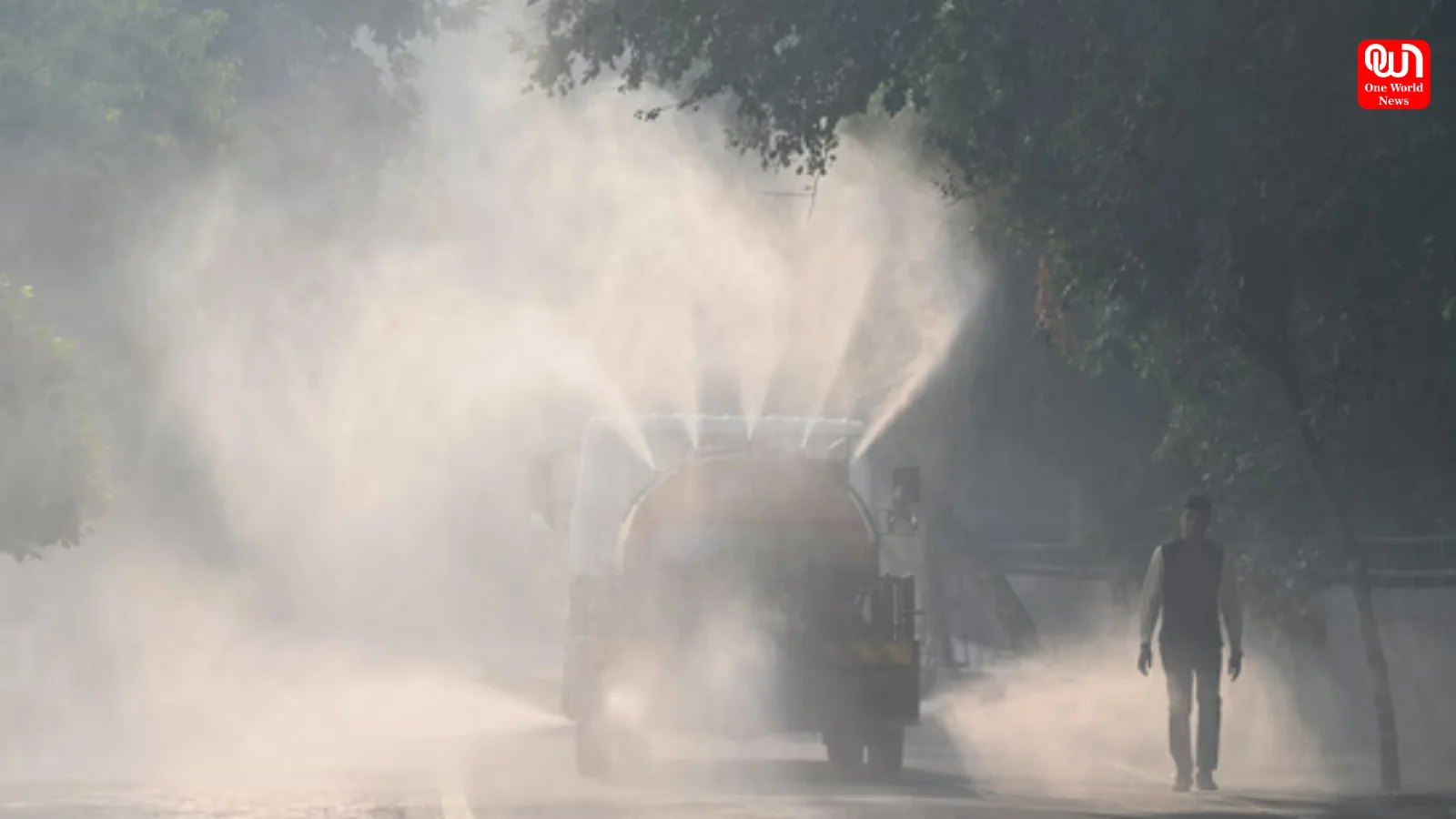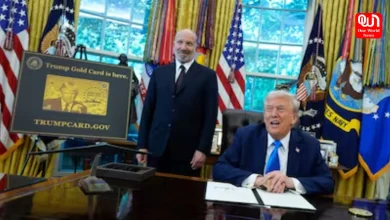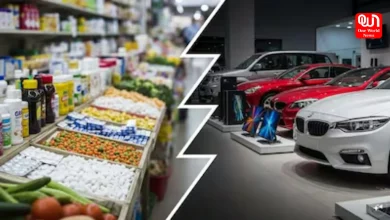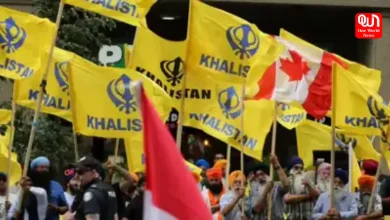Supreme Court Flags Delhi Pollution Lapses, Seeks Report on Heavy Vehicles
Supreme Court seeks reports on GRAP-4 enforcement lapses, demands action to tackle Delhi's severe pollution
Supreme Court demands stricter enforcement of GRAP restrictions to curb Delhi’s severe air pollution crisis
The Supreme Court on Friday raised concerns over lapses in implementing Stage 4 restrictions of the Graded Response Action Plan (GRAP) to tackle Delhi’s severe air pollution. The court pointed out that the entry of heavy vehicles into the city, banned under GRAP Stage 4, may not have been effectively enforced.

The bench of Justices Abhay S Oka and Augustine George Masih directed authorities to submit CCTV footage from all 13 major entry points into Delhi. This footage will help verify whether trucks and light commercial vehicles (LCVs) not carrying essential goods were permitted entry. To ensure compliance, 13 lawyers were appointed to inspect these locations and provide a report by November 25.
Read More: Robert Pattinson Reunites with Christopher Nolan for New Film Project After Tenet
During earlier hearings, the court had ordered Delhi and neighboring NCR states, including Haryana and Uttar Pradesh, to form teams for strict enforcement of GRAP restrictions. The bench emphasized that it is the constitutional duty of all states to guarantee a pollution-free environment for citizens.
Read More: Delhi Seeks Centre’s Nod for Artificial Rain as Air Pollution Worsens
Delhi’s air quality has reached alarming levels, with the Air Quality Index (AQI) hitting 485 in the severe-plus category earlier this week, according to the Central Pollution Control Board (CPCB). The GRAP outlines measures based on air quality stages: Stage I (AQI 201-300) for ‘poor,’ Stage II (301-400) for ‘very poor,’ Stage III (401-450) for ‘severe,’ and Stage IV (above 450) for ‘severe-plus.’
The court criticized the Commission for Air Quality Management (CAQM) for delaying the implementation of GRAP measures. The bench noted that CAQM waited for air quality to improve before activating restrictions, calling this approach “completely wrong.” The court clarified that measures under GRAP Stages 3 and 4 should begin preemptively when air quality is likely to worsen.
Delhi’s government and the police have been instructed to ensure GRAP Stage 4 restrictions remain in place until the AQI drops below 450. The case will be reviewed again on November 25, with the court seeking concrete action to curb pollution in the region.
This ongoing legal scrutiny underscores the urgent need for stringent and proactive measures to tackle the capital’s hazardous air quality.
We’re now on WhatsApp. Click to join.
Like this post?
Register at One World News to never miss out on videos, celeb interviews, and best reads.








